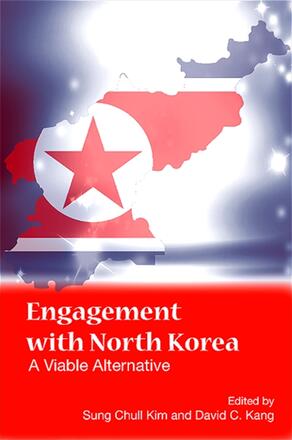
Engagement with North Korea
A Viable Alternative
Alternative formats available from:
Examines how and why nations have persuaded North Korea to cooperate on topics such as nuclear policy.
Description
How the world deals with North Korea and its nuclear capability will have ramifications for both regional and global stability. Engagement with North Korea examines the still controversial policy strategy known as engagement, which aims to persuade rather than force North Korea to be cooperative. While examining the converging and diverging policies of engagement practiced by the United States, China, Russia, Japan, and South Korea, the contributors to this volume uncover how and to what extent engagement has made some form of progress, and under what conditions it is likely to achieve complete success. In addition to the critical topic of denuclearization, the volume also demonstrates that engagement involves the use of negotiations and incentives in both the economic and the security realms. This volume is essential reading for both students and policy makers concerned about denuclearization in the multilateral context.
Sung Chull Kim is Professor of Northeast Asian Studies at Hiroshima Peace Institute, Japan. He is author of North Korea under Kim Jong Il: From Consolidation to Systemic Dissonance, also published by SUNY Press, and coeditor (with Edward Friedman) of Regional Cooperation and Its Enemies in Northeast Asia: The Impact of Domestic Forces. David C. Kang is Professor of International Relations and Business and Director of the Korean Studies Institute at the University of Southern California. He is author of Crony Capitalism: Corruption and Development in South Korea and the Philippines; Nuclear North Korea: A Debate on Engagement Strategies (with Victor D. Cha); and China Rising: Peace, Power, and Order in East Asia.
Reviews
"…the authors have succeeded in making an important contribution to our understanding of engagement with North Korea. " — Pacific Affairs
"…the reader is encouraged to appreciate the real challenges and complexity of trying to manage the issue of North Korea … Sung Chull Kim and David Kang are correct in noting that if there is to be any further progress regarding North Korea and its nuclear disarmament, there must be better multi-lateral coordination among those countries involved in promoting stability within the region. " — International Affairs
"Engagement with North Korea reminds us why diplomacy is the preferred strategy in dealing with Pyongyang. " — Washington Times